Graham Reid | | 4 min read

Among people whose musical credentials you wouldn’t question would be the Beatles’ producer George Martin. Or if you want a more contemporary reference maybe alt.country rocker Ryan Adams, James Iha of Smashing Pumpkins, or guys from the indie bands My Morning Jacket and Nada Surf.
And the link -- possibly the only one -- between these diverse people is an unexpected one: America, the soft-rockers who came to fame in the early 70s riding an unnamed horse through the desert.
Although derided by critics as upstart Neil Young and Crosby, Stills & Nash copyists, the three-piece of Dewey Bunnell, Gerry Buckley and Dan Peek enjoyed a remarkable run of hits: Sister Goldenhair, Ventura Highway, Don’t Cross the River, Sandman, Tin Man . . .
And of course Horse With No Name written by Bunnell whose catalogue of songs for the group includes some of their darker and more elliptical material.
Yet while they progressively fell below the radar of radio through the 70s they have a remarkable claim to fame: after the Beatles, this was the band George Martin produced the most records for, seven in total starting with their fourth album Holiday in 1974.
“George was the father figure and an iconic guy,” says Bunnell, “and it was coup to get him. But our timing couldn’t have been better to be honest. He was in a lull in his own career after the Beatles’ breakup. He was commandeering Air Studios in London and working with other bands. But nothing he was locked into.
“He said, ‘I understand you lads spent a lot of time on your third album. Well, I can’t have that -- and you’ll have to come to England‘. So we did because we’d do anything to make that project work.
“We honed down everything, had it well rehearsed and cut Holiday in record time.”
The good-humoured and candid Bunnell admits the band initially surrendered control to Martin and over time their studio relationship deepened to point of an unspoken understanding. For America -- who became a two-piece when Peek quit in ‘77 -- it was also an opportunity to learn from a master producer and arranger who was also familiar with the new digital technology coming into production.
“I deferred to George completely and I prefer to do that, and I do to Gerry to some extent. He has always been the ‘leader’ of the band and I respect his ability to pull together the arrangements and vocal harmonies, even though we work together. But he has an overview of the song.
“I will make clear what I want with my own songs but with his I follow his lead, and he’s a great producer in his own right.
“But yes, we had our annual George-and-America make-a-record thing.”
More for him with America than anyone other than . . .?
“That’s the stat. I wish we’d sold as many records as they did.”
Despite diminishing sales -- their various greatest hits collections and constant touring have ensured mortgage-free lives however -- America have captured the ear of a new generation: which is where those rather hip connections come in.
Their most recent album Here & Now is a double disc: the first being new studio recordings with guests such as Ryan Adams, James Iha and others, the second is a live greatest hits set.
Again Bunnell is candid: “it was a compromise because the last thing we really wanted to do was repackage the old stuff -- but if it facilitated us getting a deal to put out a disc of new songs we were fine with that.”
Bunnell says the new album, produced by Adam Schlesinger of indie-rockers Fountains of Wayne whose music he and Beckley liked, was instigated by Beckley and to their surprise discovered a number of like-minded young musicians such as Adams (who co-wrote Glass King with Bunnell) who equally respected America’s music.
And for Here & Now again Beckley comes up with ballads and Bunnell -- whose Ride On co-written with Schlesinger and with Adams on guitar is a standout -- continues his thread of allusive lyrics.
“My lyrical style lends itself to a more cryptic or enigmatic style. I hate to use those words, but here’s another word, ‘inane‘.” he laughs.
“I’m a very visual person and like the great outdoors. I have a lot of repeat images in my toolbox -- trains and colours -- and Ride On incorporates the imagery of the desert which is a place I love.
“As a writer I try not to get involved in the personal thing -- which compliments Gerry because he does the love song ballads -- and that leaves me with this big open field to find other imagery.”
With hindsight Bunnell can see how a thread runs from their early history when they were criticised as copyists and into these younger artists they are now working with.
“With George Martin coming onboard for the fourth album we got a bit more cred with the press and critics, because we were these sort of young, precocious upstarts who were selling millions of records.
“But I still maintain every band or artist is in someone way influenced by the generation before, and we were certainly trying to emulate the Beatles and Beach Boys and CS&N who were on top of the pile when we starting out.
“We never were innovators but were just carving our niche based on the music we loved. So it was quite an eye-opener to find out that Ryan, Adam, My Morning Jacket and Nada Surf were fully aware of us.
“But there is a gene that runs through all of our careers and lives, the singer-songwriter thing and trying to maintain standards of song craft -- and those guys had all of those elements. So in a sense we are of this one entity.
“In the same way we were influenced by CS&N, Joni Mitchell and Neil Young, we now found out we had influenced some young and successful artists ourselves. It’s one thing to have loyal fans and that’s a great feeling and really is enough.
“But to find successful contemporary artists note you as an influence . . . that is a whole other area of pride.”

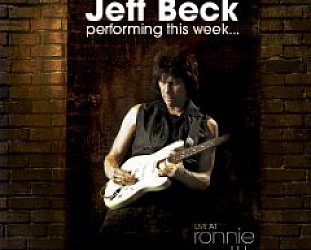
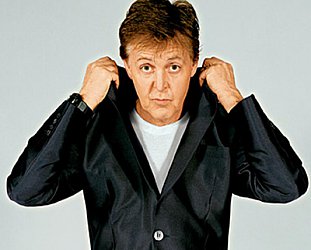
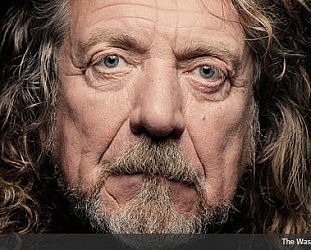
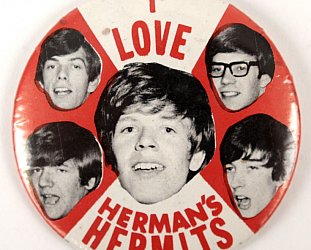
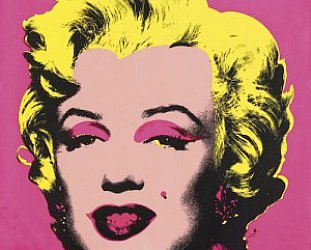
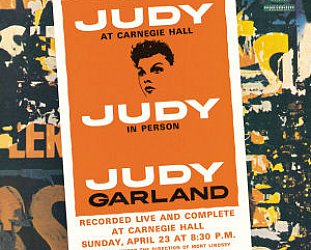
post a comment